Tokyo Metro set for fare increases as costs escalate
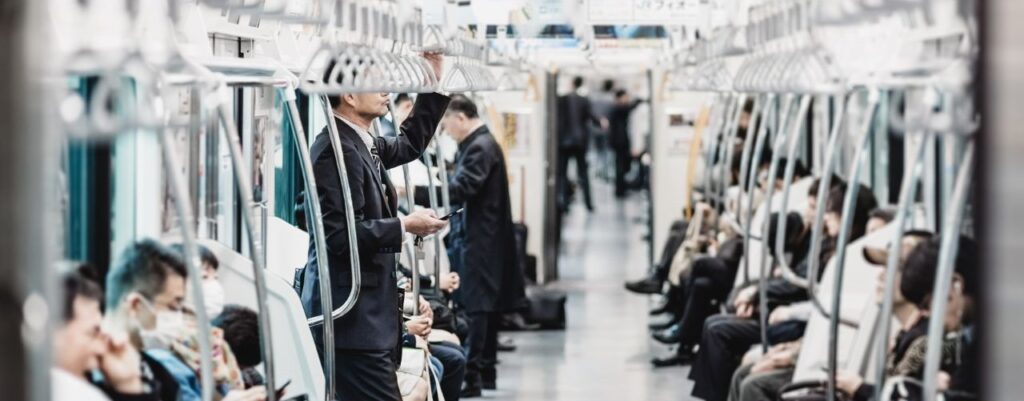
Tokyo’s iconic subway system, considered to be a marvel of efficiency and affordability, may soon see another fare hike.
Tokyo Metro’s leadership is facing the challenge of balancing shareholder expectations with the pressures of rising costs and evolving ridership patterns.
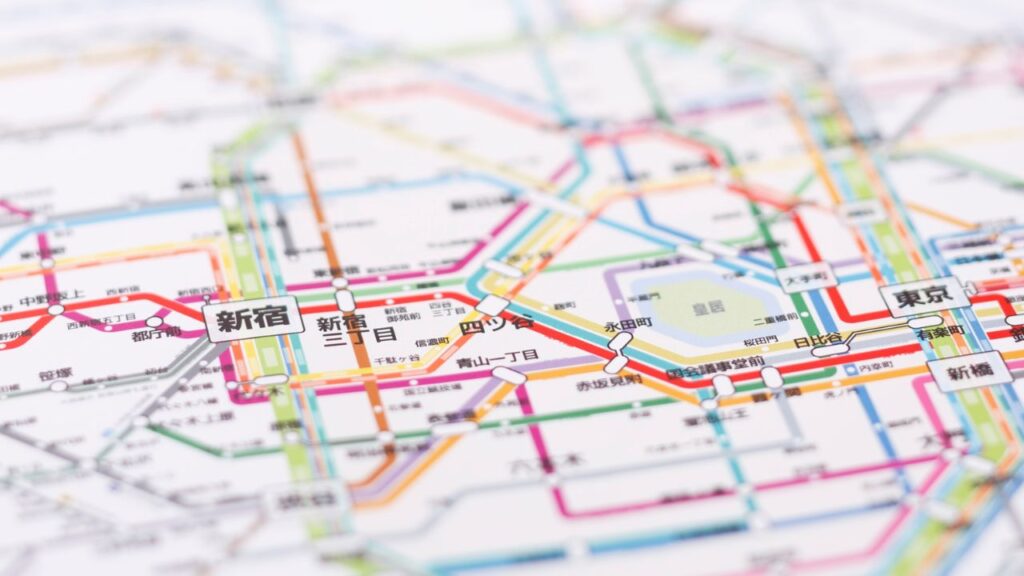
President Akiyoshi Yamamura recently indicated that further fare adjustments are likely as the company navigates a landscape of persistent inflation and lingering pandemic effects.
The subway operator, renowned for its punctuality and cleanliness, implemented its first fare increase in 28 years in March 2023.
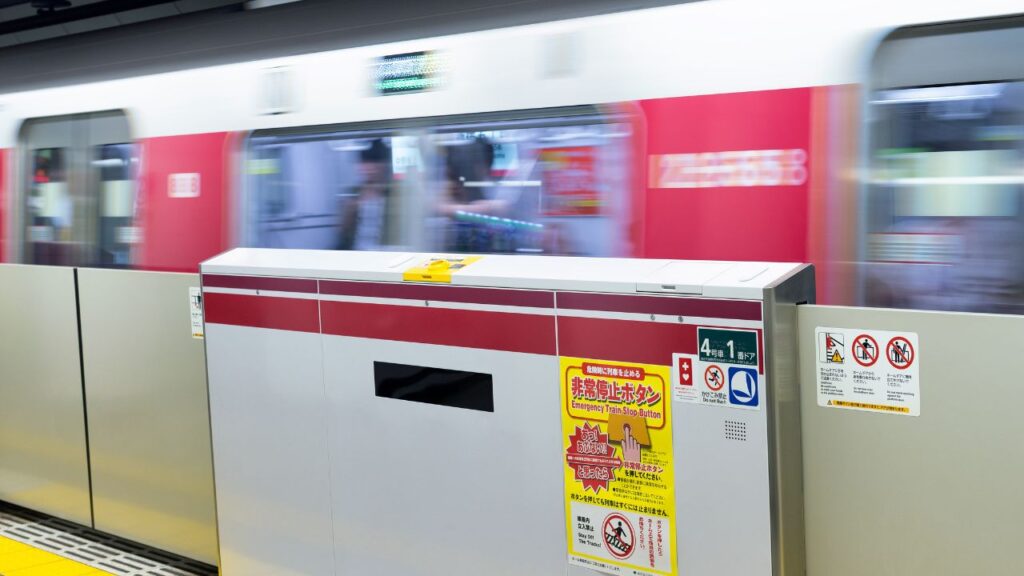
This followed a significant drop in passenger numbers during the COVID-19 pandemic and substantial investments made in preparation for the Tokyo Olympics.
Now, with escalating energy bills, wage pressures, and continued inflationary trends across Japan, the company anticipates further financial strain.

In an interview with the Financial Times, Yamamura explained that cost increases are a clear trend.
He noted that the company will follow established procedures, including the formation of a review committee and application to the transport ministry, before any fare adjustments are implemented as Tokyo Metro must strike a balance between profitability and its role as a vital public service.
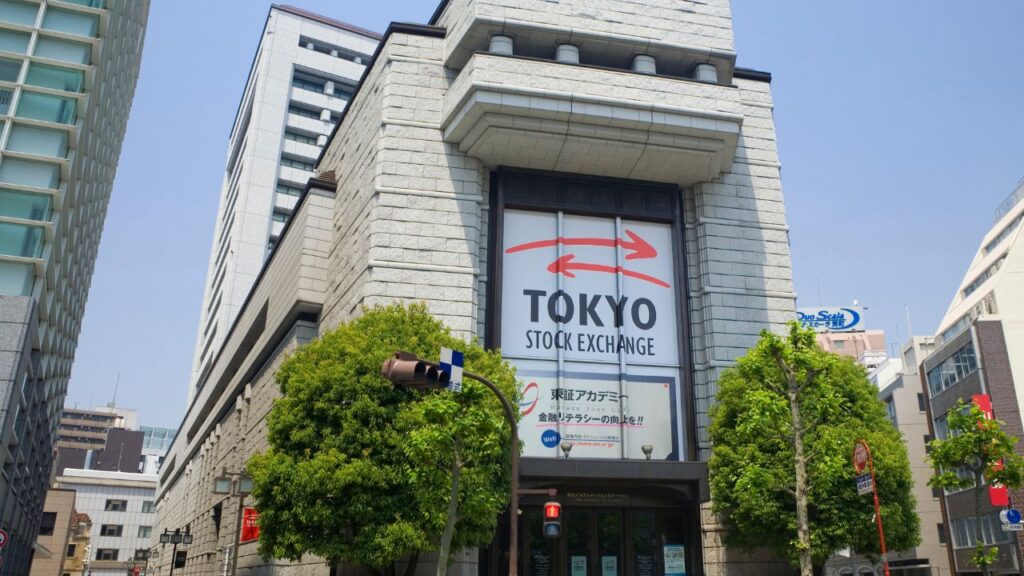
This potential price increase comes after Tokyo Metro’s successful $2.3 billion IPO in October, the largest in Japan in six years.
The listing was significantly oversubscribed which signaled strong investor confidence. Since its debut, the company’s shares have seen an increase of over 8%, demonstrating a positive market reception.
While the IPO has provided a financial boost, Tokyo Metro still faces challenges.
Daily ridership is currently around 6.5 million which remains below pre-pandemic levels due to the rise of remote work.
The company is therefore actively pursuing diversification strategies, including expansion into property development and advertising within Japan.
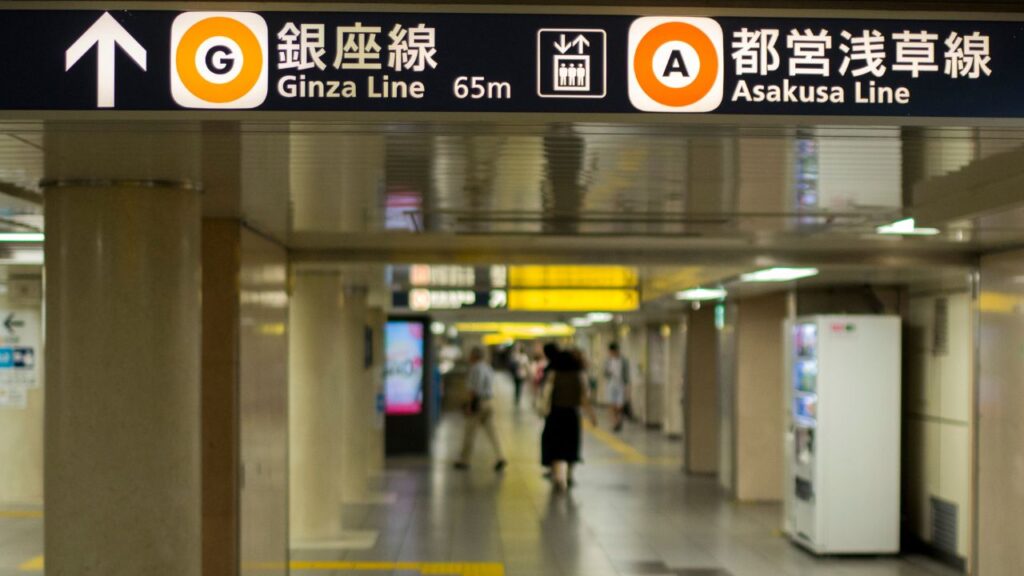
Tokyo Metro is considering the expansion of international operations following its recent success as part of a consortium which secured the contract to operate London’s Elizabeth Line.
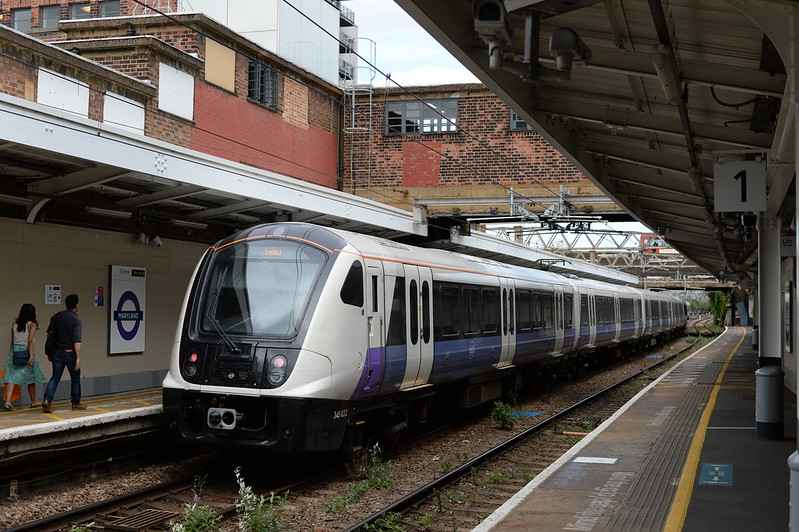
This contract marked a significant step in its global expansion strategy following its involvement in operating the Hanoi Metro in Vietnam, though Yamamura indicated that further international projects will be considered depending on the success of the Elizabeth Line contract.
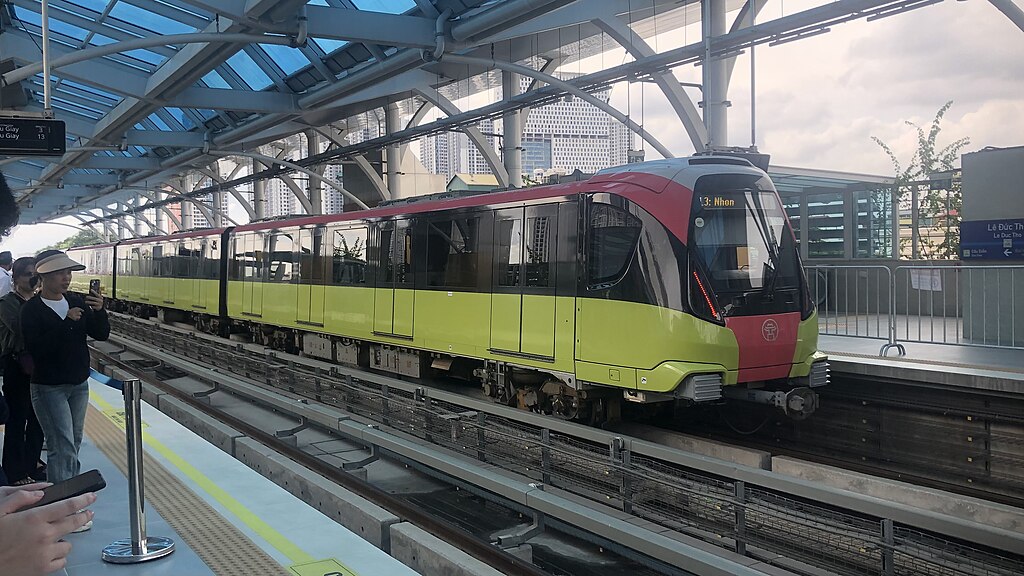
Yamamura stressed that despite successes internationally, the rising cost of domestic operations means that fares will unfortunately need to rise in the future on the Tokyo Metro.
Source: Financial Times
This post may contain affiliate links, and Essential Japan may earn a commission if you purchase through them.






